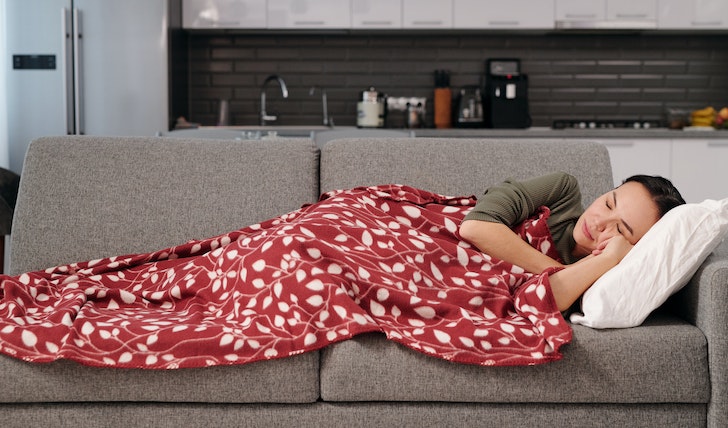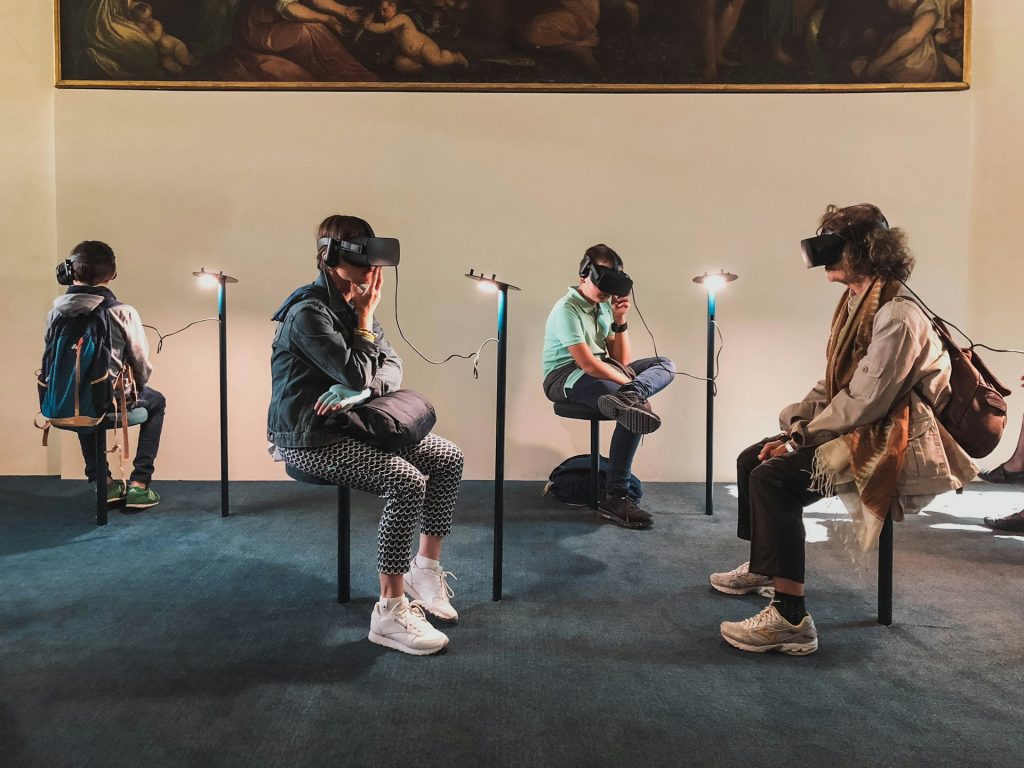Most vivid dreams occur during Rapid-eye-movement (REM) sleep, a stage of deep sleep that occurs several times in the night. In REM sleep, the brain is very active, and vivid dreams often take place. This type of sleep is important for memory consolidation and emotional well-being.

Andrea / Pexels | Sleep experts suggest that during Rapid-eye-movement (REM) sleep, you are very likely to remember most dreams.
According to experts, your brain is most active at this phase. And your brain functions in a way that it does when you are awake. Dreams that happen in this phase are more vivid because our brains are more active than during other stages of sleep.
During REM sleep, our heart rate increases, breathing becomes shallower and faster, and our muscles become temporarily paralyzed. All these factors contribute to vivid dreams as they allow you to experience intense emotions even while you are asleep.
Likewise, the vividness of our dreams can also be affected by things like stress levels and medication use before going to bed. Stress can cause vivid dreams as the brain is more active and alert in response to stressors. Medication, such as antidepressants, can also have an effect on dream vividness due to its effect on neurotransmitters.
Overall, vivid dreams are a normal part of REM sleep. And they can be affected by factors like stress levels and medication use. Taking steps to reduce stress before bedtime can help improve dream vividness for some people. It is also important to speak with your doctor if you are concerned about how medication may be affecting your dreams. Understanding what contributes to vivid dreams can help us get a better night's rest.

Jep / Pexels | Dreams during Rapid-eye-movement (REM) sleep are more likely to be remembered for an extended period of time.
What Can You Do to Make Dreams More Vivid?
When it comes to making dreams more vivid, there are a few things you can do. First, practice relaxation techniques before bed to help reduce stress and promote better sleep overall. Exercising regularly and maintaining a healthy diet are also important for getting quality sleep.
Additionally, limit caffeine intake in the evening and establish a regular sleep schedule to ensure you are getting enough restful sleep each night. Doing all these things can help make dreams more vivid by helping your body relax into deep REM sleep.
Finally, keep a dream journal by your bedside so that if you wake up from vivid dreams, you can quickly write them down before they fade away. Keeping track of vivid dreams can help you understand the patterns or symbols that may appear in them and any emotional reactions you may have had.

Andrea / Pexels | Quality dreams are important in order to remember most dreams for long.
Dreams are a fascinating part of our lives, and understanding why some dreams can be more vivid than others can help us get better quality sleep.
Taking steps to reduce stress before bed and practicing relaxation techniques can help make dreams more vivid. Keeping a dream journal by your bedside is also helpful for keeping track of vivid dreams so you can better understand the patterns or symbols that may appear in them. With these tips, you will be on your way to getting better quality restful sleep and vivid dreams.
show more






















